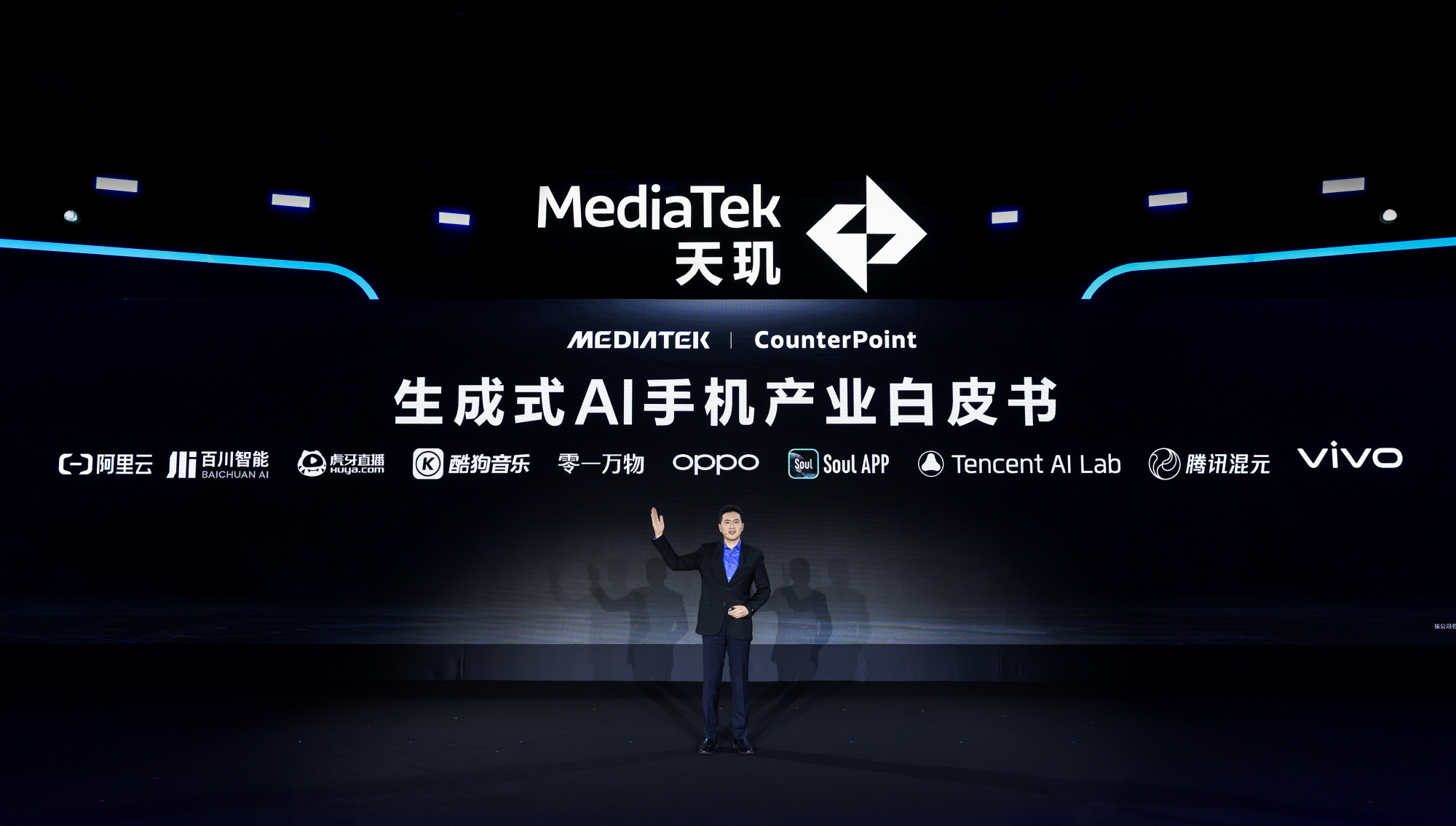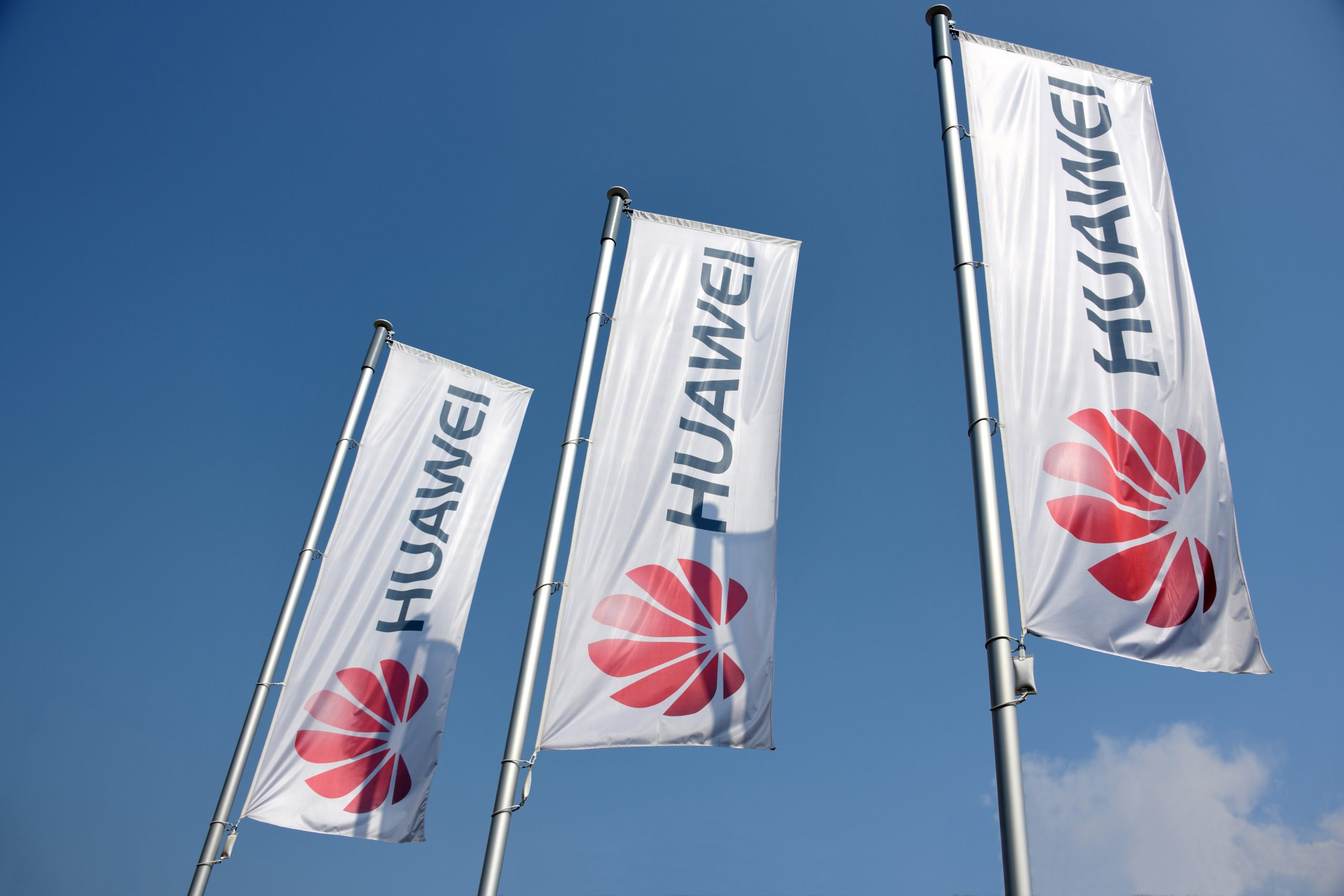Accion Ventures, a global early-stage fund, has closed a $61.6 million fund to double down on its thesis of backing early-stage fintechs in developing markets like Latin America, Africa, and Southeast Asia that widen access to finance for underserved consumers and businesses.
The new fund supports Accion Ventures’ belief that early-stage fintechs can eventually reshape financial access in underserved markets, a thesis it has been refining for more than a decade.
The fund is already active on the continent and its current African bets are Nigeria’s PaidHR, which streamlines HR for SMEs, and Kenya’s Flowcart, an AI-powered e-commerce startup.
Accion raised the fund from a mix of commercial and impact asset managers, DFIs, foundations, family offices, and strategic financial services firms like FMO, Proparco, ImpactAssets, Ford Foundation, MetLife Asset Management, and Mastercard Worldwide.
Since launching its investment strategy in 2012, Accion Ventures has deployed $59.4 million into 76 companies across 39 countries, with 13 exits to date. The firm’s recent exits include Apollo Agriculture, which provides inputs, financing, and insurance to smallholder farmers in Kenya and Zambia; Lula, a South African digital lender serving SMEs; and Pula, which delivers agricultural insurance solutions across Africa and Asia.
Beyond capital, Accion Ventures also positions itself as a hands-on partner as its portfolio engagement team supports startups with governance, market access, fundraising connections, and operational guidance, drawing on the firm’s experience as both investors and operators.
For this week’s Ask an Investor, I shared some questions with Amee Parbhoo, the managing partner of Accion Ventures, via email. My questions covered how much the fund invests, its follow-on strategy, how Accion delivers exits, and the support the fund will offer startups.
This interview has been edited for length and clarity.
Your newest fund, Accion Venture Lab Fund II, closed at $61.6M. With recent investments like PaidHR (Nigeria), Foyer (US), FinFra (Indonesia), and Flowcart (Kenya), how are you balancing geographic diversification with your mission of financial inclusion?
Our team will continue to support investments across Africa, Latin America, South and Southeast Asia, and the US. diversification has always been a central tenet of our strategy, and we actively work to maintain a balance of companies across our key geographies. We believe our investments across the globe make us stronger investors. Not only does the diversification help manage any volatility we may see in a single market, but the global reach brings rich insights on fintech from across the globe to our portfolio companies.
PaidHR and Flowcart are your latest investments in Africa—what attracted you to the startups?
At Accion Ventures, we’re investing in strong founders who are not only building at the cutting edge of fintech but are solving the biggest problems for underserved consumers and small businesses. Both Flowcart and PaidHR are led by strong, experienced founders who are solving major pain points for these populations – helping small businesses operate more efficiently and better digitise.
Small businesses are, as we know, the backbone of Africa’s labour market and the broader economy. PaidHR is providing small and medium-sized enterprises in Nigeria with access to the tools and infrastructure they need to manage, retain, and support their teams effectively. With more than 450 million people expected to enter Africa’s labour force by 2035, enabling these job creators to operate efficiently and offer financial services to their employees is both an economic imperative and a development opportunity.
We invested in Flowcart because we see opportunities for how artificial intelligence can help small business owners expand into digital commerce and access financial services. Flowcart’s AI-powered conversational commerce platform streamlines sales for African brands, manufacturers, distributors, and customers and meets these customers where they are – on WhatsApp.
What’s your average ticket size?
We invest initially up to $1 million as part of a pre-Series A round and reserve for follow-ons.
What is your target ownership percentage at Seed and at Series A? Do you lead rounds, and what minimum check size do you typically require to lead a round?
We take minority stakes and typically lead, but can follow in rounds.
How much do you reserve per company? What’s the split between initial deployment and follow-on reserves?
We do reserve for companies to ensure we’re able to back our winners in subsequent rounds.
Accion provides hands-on support through its Portfolio Engagement team—how does that work in practice, and what impact does it have on early traction? How do you measure its success?
Beyond deploying capital, Accion Ventures provides unique hands-on support to startups across the critical areas of a fintech lifecycle. We have a dedicated team of ex-operators who work with our founders on the ground on their key strategic and operational priorities. That could be anything from refining their core customer segmentation, tweaking their pricing strategy, building out a more robust credit policy, or strengthening their GTM approach. Beyond that hands-on work, we support companies with our deep global networks in financial services, and we bring our fintech founders together for peer-to-peer learning opportunities.
Do you leverage cross-portfolio synergies?
Yes. The cross-portfolio global learnings are a huge part of how we add value to our companies and generally how we become better, smarter investors. Our founders are eager to share their knowledge with other fintech entrepreneurs, so we host biennial forums to bring together our portfolio CEOs to share their perspectives in a closed-door, candid fashion. We help facilitate bilateral engagements and also hold a forum for leaders from Accion Ventures portfolio companies every other year. We’re dedicated to creating more opportunities for our founders to learn from one another, enabling us to gain a deeper understanding of how to build and scale an inclusive fintech.
Can you talk about your exits and how you created them?
We are proud of the legacy we’ve had in delivering both financial and social returns. Since the investment strategy was established in 2012, Accion Ventures has deployed $59.4 million in 76 companies across 39 countries and has had 13 full or partial exits across all geographies. The three most recent exits were Apollo Agriculture, which provides tech-enabled inputs, financing, insurance, and training to smallholder farmers in Kenya and Zambia; Lula, an all-digital small business lender and bank account provider for small and medium enterprises in South Africa; and Pula, a company providing agricultural insurtech solutions to smallholder farmers across Africa and Asia. We think about exits from the time we invest and are exploring liquidity opportunities through secondaries and via M&As.
What outcomes would validate the success of Fund II?
We track both social and financial objectives. We’re very clear about the risk-adjusted market rate returns we will be expected to deliver and the kind of impact we want to have. So the outcomes that have so far validated our success and will continue to with Fund II include both financial outcomes and impact measurements. On financial outcomes, we do track IRR and MOIC, as well as DPI. DPI is one of the metrics that matters most for LPs right now. Since 2012, we’ve had 13 full or partial exits across all of our geographies.
On impact, we track a number of metrics across our portfolio, depending on what’s being offered. But generally, we are tracking how many people we are able to impact with the financial products companies offer, the quality of those products, and our catalytic impact of crowding in more capital.
For each of your key verticals, what are you looking for in terms of market traction, founder profile, and unit economics?
Through our global networks and local approach, we identify founders and early-stage companies that are solving real-world problems and that have the team to take their solution to scale. Accion Ventures focuses on startups with new products or business models that enable more people to access the formal financial system. Companies need not have significant revenue traction but should be post-research and development, have a full-time entrepreneur or team in place, and, ideally, have a pilot or prototype in the market. We are focused on opportunities in Latin America, Africa, Asia, and the U.S.
How do you structure follow-on rounds to ensure you can maintain pro-rata ownership in category-defining companies?
We invest early and reserve capital for our companies as they scale and raise subsequent rounds.
With 39 countries in your portfolio since inception, how do you balance local market nuance with a global approach?
The team behind Accion Ventures brings a deep understanding of local customers and markets, combined with global learnings to support investments across Africa, South and Southeast Asia, Latin America, and the United States. With staff in each of our key markets, we bring local expertise, combined with global learnings from across the portfolio.
How do you translate insights from places like the US into fintech solutions in Africa or Asia?
We actually see a lot of opportunities for knowledge sharing in both directions. In many countries, companies are leapfrogging, or using technology as a way to leapfrog existing infrastructure to create more access. We’ve been seeing a lot recently around embedded finance, as an example. There are a lot of exciting verticalized software solutions that have been built and are now developing financial products, such as payments and credit. We are gleaning a lot from markets like India, the US, and Latin America around go-to-market strategy, product features, monetisation strategies, and timeline to launching fintech from markets like India, the US, and Latin America. In Africa, we have invested in Triply, which provides the business operating system for travel businesses in Africa. We’re looking at and supporting companies like Triply based on the learnings and insights we’re gathering from similar models across the globe.
Mark your calendars! Moonshot by is back in Lagos on October 15–16! Join Africa’s top founders, creatives & tech leaders for 2 days of keynotes, mixers & future-forward ideas. Early bird tickets now 20% off—don’t snooze! moonshot..com












